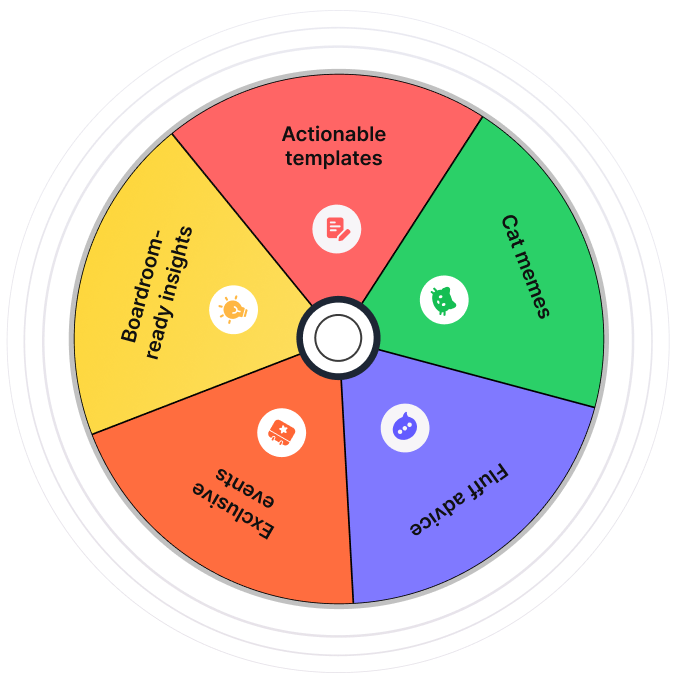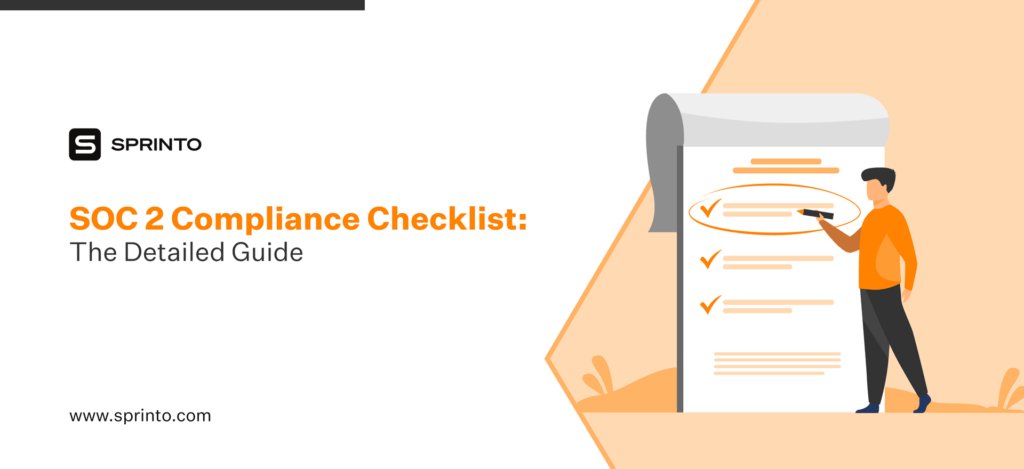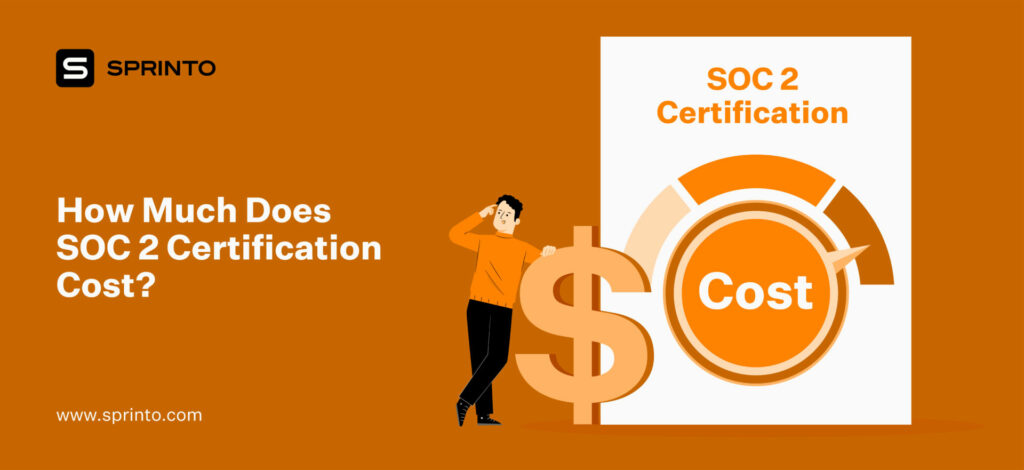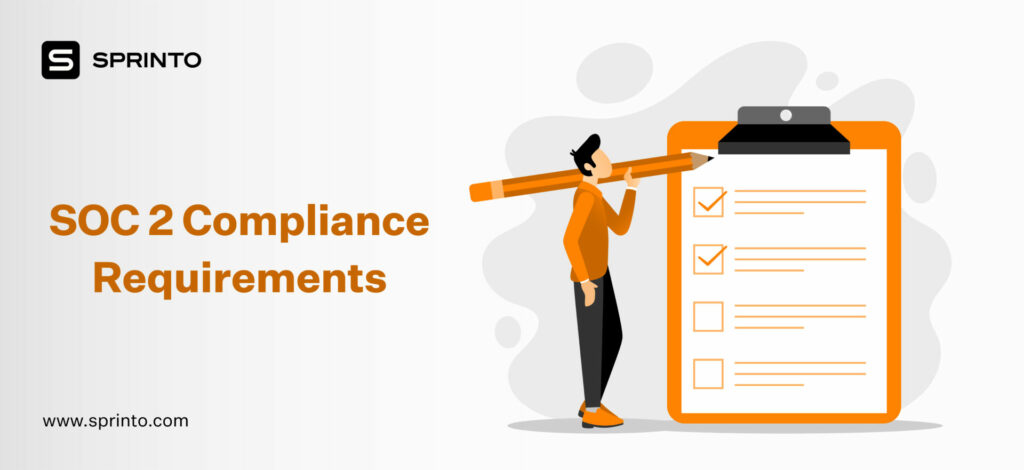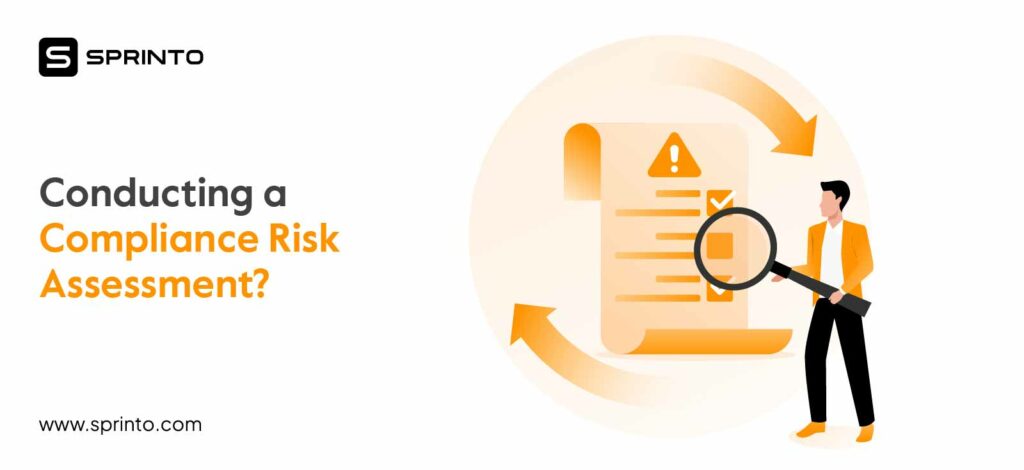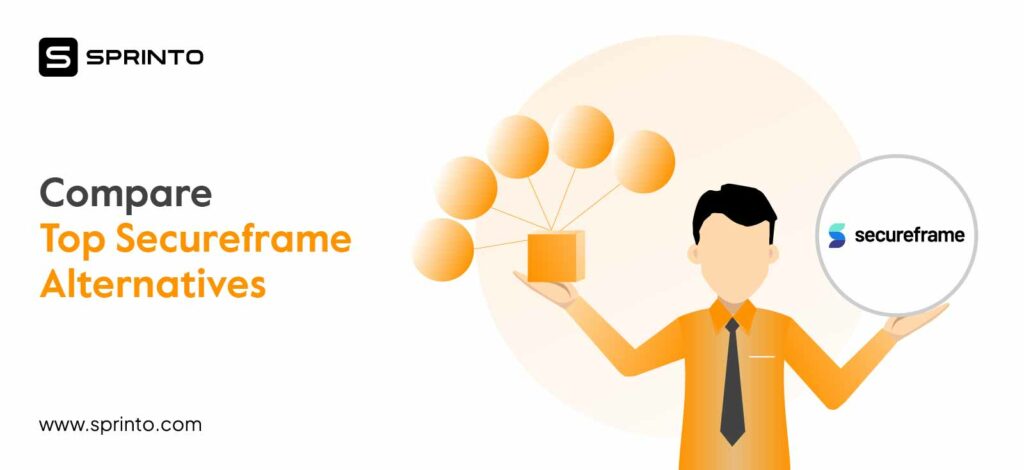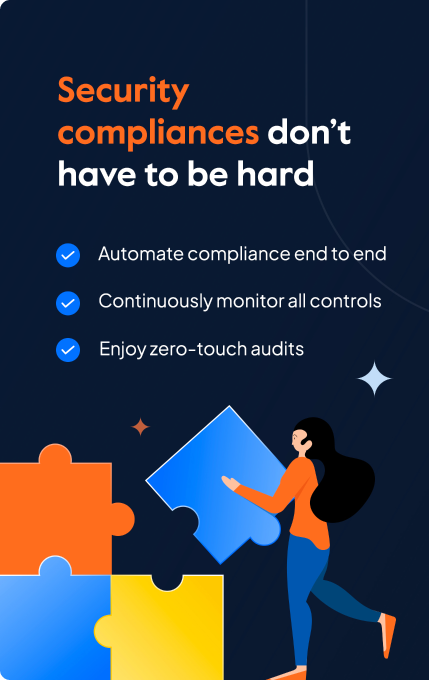
Every business aiming to become SOC 2 (Service Organization Control) compliant must eventually engage with SOC 2 Auditors at the end of their SOC 2 audit readiness journey.
Only a credible SOC 2 auditor such as a licensed CPA individual, or third-party consultant firm accredited by the American Institute of Certified Public Accountants (AICPA) can conduct your SOC 2 audit. Additionally, they cannot have any connection with your organization to avoid biased reporting.
Your efforts in selecting a SOC 2 Auditor should not end after considering reviews from a few business aggregator websites’ scores. You can use those reviews to filter out the good ones from the lot.
While genuine testimonials from users are not wrong, it is imperative to spend time understanding the Auditor and the organization types they typically work with.
Talk to the best SOC 2 Auditors you have on the list and get a hang of how they conduct their audits. Enquire if they have audited any other businesses similar to yours. What has their experience or examination been in auditing organizations with remote workforce?
Align these learnings with your organization/company to extrapolate a projection on your SOC 2 audit experience with them.
Who are qualified SOC 2 auditors?
Qualified SOC 2 auditors are certified public accountants (CPAs) from firms accredited by the American Institute of Certified Public Accountants (AICPA). Other requirements for qualification include:
- The auditor or auditing firm must be a completely independent CPA, meaning they have no relationship with the service organization they’re auditing.
- Comply with the professional standards set by AICPA.
- Adhere to the latest guidance for planning, executing, and supervising audit procedures.
What do SOC 2 auditors do?
The responsibilities of SOC 2 auditors include the following:
- Evaluate the effectiveness of controls over a period of time based on the selected TSC (Trust Services Criteria). They also advise corrective actions throughout the audit procedures and help you meet your compliance goals. As part of this assessment, auditors don’t just verify the state of controls; they often advise on corrective actions during the audit process, helping the organization remediate gaps before the final report is issued.
- Another key responsibility is the preparation of the SOC 2 report itself. This includes documenting a thorough description of the systems in scope, along with a formal management assertion affirming that the controls were suitably designed, and in the case of a Type II audit, that they operated effectively throughout the review period.
- Throughout this process, auditors ensure that the organization’s control design aligns with AICPA standards and that the report meets the formal requirements of the specific audit type—whether SOC 1, SOC 2, or SOC 3. While SOC 1 focuses on internal controls over financial reporting, SOC 2 emphasizes operational and data controls aligned with the TSC, and SOC 3 offers a less technical, publicly shareable summary of SOC 2 findings.
Read about what a SOC 2 bridge letter is and its importance
When and how to use SOC 2 auditors?
An Auditor is brought in the final stage of the compliance process. Before an Auditor gets involved in your SOC 2 journey, clearly define the audit scoping and understand and implement controls that are relevant.
For example, choose which of the five trust service categories apply to your organization and apply the controls required for the chosen ones.
Document all the policies, controls, and measures deployed within your organization. This enables you to seamlessly demonstrate to your Auditor how the deployed controls and measures meet the requirements for the chosen trust service criteria of SOC 2.
Before an Auditor begins the audit, perform a readiness assessment exercise. It gives you insights into any gaps in the system and organizational controls. Solving these gaps helps you go through the audit process with minimal non-conformities.
Who else is involved in a SOC 2 audit?
Apart from the CPA firm that is central to conducting a SOC 2 audit, several internal stakeholders and sometimes external partners may be involved.
Internal stakeholders include:
- Management – Chief Information Security Officer (CISO), Chief Technology Officer (CTO), Compliance Officer
- Engineering or DevOps
- IT team
- PeopleOps
- Legal team
External partners may include platforms like Spinto that enable the auditor to collaborate and present evidence repository, documentation and reports.
How do you select a SOC 2 auditor in 2025?
Choosing a SOC 2 Auditor can be a rather daunting task, especially when you’ve never done it before and are unsure what you want.
Here are a few things you should keep in mind when choosing an auditor for your SOC 2 audit:
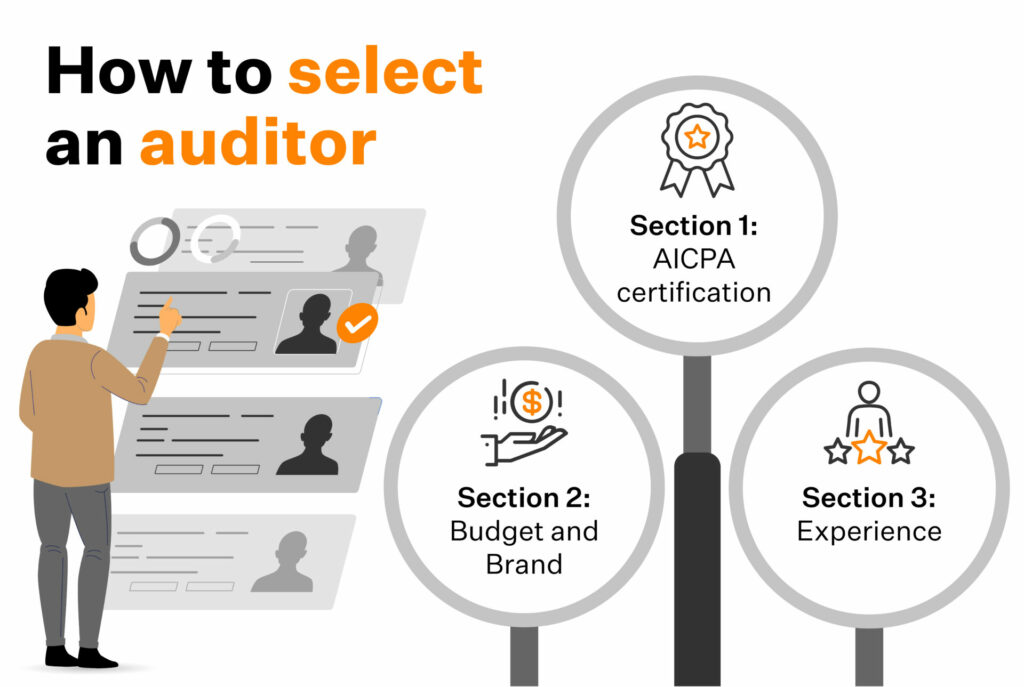
AICPA Certified
The AICPA (American Institute of Certified Public Accountants) regulates the SOC audit process. When any organization undergoes an audit, they are audited by AICPA-approved
SOC 2 Auditors from licensed CPA firms or independent auditors.
Tip:
The Auditor should be AICPA certified.
The SOC 2 service Auditor should also have a specialization in information security. They usually have this, but it doesn’t hurt to check 🙂
Budget and Brand
CPAs who work independently charge less than ones from a CPA firm. It is a common misconception that since independent CPAs charge less, their work might not be on par with CPAs firms. Unfortunately, that’s not the case.
Unless you are an organization with enterprise-grade clients, you wouldn’t necessarily need an Auditor from the large CPAs (Deloitte, KPMG, EY) to stamp your audit report.
Tip:
Unless your customers specifically request an audit report from a CPA firm, or you notice a pattern in your line of work where a SOC 2 audit report from an independent Auditor is not considered, the idea of working with an independent Auditor is not worth dismissing.
Independent Auditors work faster, give their undivided attention (since they usually take on one client at a time), and are significantly cost-effective.
Experience
Working with a SOC 2 Auditors who have audited organizations similar to yours is always a huge plus. In the SOC 2 audit process, the Auditor often comes back asking for evidence for things like specific controls or asks you to show training acknowledgments.
This to-and-fro could become more complicated if the Auditor has never previously worked with organizations similar to yours. For instance, the complication could be profound if you are a fully remote organization.
So, conversing about their experiences and introducing them to your organization prevents a terrible audit experience.
Working with SOC 2 service providers
SOC 2 audit readiness platforms (also known as compliance automation platforms) and other software designed to help companies become SOC 2 compliant can only go as far as assisting them to become audit ready.
There are a few exceptions where the audit readiness service providers are also AICPA certified. Hence, they conduct the audit too.
Working with compliance automation solutions is optional but going through the audit and working with the Auditor is mandatory to become SOC 2 certified.
Compliance automation platforms aim to smoothen your audit readiness journey. A few of them act as your liaison and communicate on your behalf with the SOC 2 Auditors to provide additional evidence for controls, policies, and measures if the need arises.
With compliance automation, businesses are now freed from the laborious and time-intensive activity of setting up appropriate controls, measuring the effectiveness of deployed controls, conducting gap analysis, conducting an audit readiness assessment, and providing additional evidence to the Auditor.
Compliance automation services automate repeatable technology-based requirements in SOC 2 compliance framework.
They enable businesses to channel their focus back to core business activities that contribute to revenue generation and business expansion instead of spending hundreds of hours on becoming SOC 2 compliant.
5 Best SOC 2 auditors
Most businesses struggle to meet the audit deadline, especially when they try to manage everything without a tool. SOC 2 auditing firms help you complete audits faster and more efficiently. Here are the top five auditing firms for SOC 2:
| Firm | Specialization | Key Services |
| Barr Advisory | SOC 2 compliance & control reporting | Conducts risk assessments, develops policies/procedures, implements security controls for TSC compliance. |
| Johanson Group | Comprehensive audit services | Evaluates internal controls, identifies security gaps, and recommends improvements for SOC 2 readiness. |
| Prescient Assurance | Risk management & SOC 2 auditing | Focuses on compliance services, identifies key improvement areas, and prepares detailed audit reports. |
| Sensiba San Filippo | Accounting & advisory with SOC 2 capabilities | Conducts rigorous risk assessments and prepares businesses for SOC 2 audits. |
| iRisk Assurance | Technical SOC 2 expertise with client-focused approach | Evaluates controls against selected TSCs, advises on safeguards, and delivers comprehensive audit reports. |
Barr Advisory
Barr Advisory helps organizations build trust by reporting on controls based on the selected TSC. They specialize in conducting risk assessments, developing policies and procedures, and implementing security controls to ensure through compliance with SOC 2 standards.
Johanson Group
Johanson Group offers a wide range of auditing services to help organizations evaluate controls, identify security gaps, and recommend necessary improvements. Their experienced auditors conduct through evaluations to ensure that organizations meet SOC 2 requirements.
Prescient Assurance
Prescient Assurance offers specialized services in risk management and compliance services, including SOC 2 audits. They identify key areas of improvement to create a detailed report.
Sensiba San Filippo
Sensiba San Filippo offers a wide range of accounting and advisory services, including SOC 2 audits. They help businesses prepare for SOC 2 by conducting rigorous risk assessments and risk assessments.
iRisk Assurance
iRisk Assurance combines customer focused services with their technical expertise and to help organizations achieve SOC 2 compliance through extensive auditing programs. They evaluate the controls against the selected TSCs, recommend necessary safeguards, and create detailed reports.
How can Sprinto help you achieve SOC 2 compliance
Sprinto is a compliance automation platform purpose-built to help cloud-hosted companies streamline and accelerate SOC 2 readiness. It eliminates the manual, error-prone parts of the audit process by embedding security and compliance workflows directly into your existing systems.
From day one, Sprinto integrates with your cloud tools—like AWS, Okta, GitHub, and Google Workspace—to auto-collect evidence, monitor risks, and flag gaps before auditors do. You get pre-approved policy templates, guided risk assessments, and a real-time dashboard that shows your compliance status at a glance.
Sprinto also streamlines audit collaboration by connecting you with vetted auditors and ensuring they get everything they need—on time, in the right format. There are no messy handoffs, no last-minute scrambles.
Get SOC 2 compliant with Sprinto
SOC 2 Auditors’ cost and timeline
For small and mid-sized businesses,SOC 2 auditors may charge $8000-$12000 for SOC 2 type 1 and $15000-$40000 for SOC 2 type 2. Some auditors charge a fixed fee for specific criteria like $20,000 for only security.
These cost estimates are for mid-tier and boutique firms. Big 4 firms like Deloitte and PwC mostly handle enterprise clients and charge much more.
As for the timeline, the auditor can take 4-6 weeks for SOC 2 type 1 and 3-6 months for SOC 2 type 2.
SOC 2 audit process: what to expect?
Every organization going through a SOC 2 audit will need to demonstrate their compliance with the requirements of the SOC 2 framework depending on the trust principles they’ve chosen for their business.

In SOC 2 audits, businesses are generally advised to expect these four things in their audit journey:
Security questionnaires
In the early stages of an audit, the Auditor sends a lengthy and exhaustive questionnaire asking for security controls to the organization.
They are asked to provide details on the trust principles applicable, a list of controls they’ve used, infrastructure in place, cloud security policies, people policies, security programs, and more.
Evidence collection
The organization is asked to provide evidence for all the controls they’ve deployed and evidence of optimum efficiency results of deployed controls. The Auditor then reviews this proof to make their assessment of how compliant the organization is.
Evaluation and followup
Suppose the Auditor feels that additional evidence is required to demonstrate compliance for any control(s). In that case, they ask the organization to provide more evidence.
When gaps in information security management are spotted, the audit process is paused until the organization remediates those gaps.
Certification/Report
For SOC 2 Type 1/Type 2, once the Auditor has completed the audit process, based on their assessment of your organization’s controls and policies, they write the report.
Recommended: How to get SOC 2 Type 2 certified
Get a wingman for your SOC 2 audit
How do I prepare for a SOC 2 audit?
Based on the SOC 2 certification Type, the audit readiness journey varies. For example, for SOC 2 Type 2, the audit preparedness time generally ranges from six days to a few months depending on the organization’s size and business model.
Before starting the SOC 2 audit, it is a good practice to ensure that your organization has implemented all the controls and policies required by SOC 2 for the chosen trust principles.
Conducting an audit readiness assessment allows you to analyze the current security compliance posture and identify gaps that require remediation.
Download a ready-to-use SOC 2 self-assessment:
It is also a good practice to map control and their respective evidence to ensure that the Auditor is presented with data that is easy to consume.
Classifying your audit readiness implementations into two categories for easy identification and classification is advisable:

Setting administrative policies
Your organization’s policies should be centred around SOC 2’s key security principles and internal controls for disaster recovery, audit logging, employee training, onboarding and offboarding, and system access activities
Setting technical controls
Deploy controls around your organization’s cyber security information, encryption, access control, vulnerability scanning, threat detection, intrusion detection, penetration testing, firewalls, and network rules, among others.
Classifying the controls and policies helps systemically check if a strong compliance posture is successfully demonstrated. This then helps you identify the active requirements and controls that are actively contributing to the posture and list the dormant ones and fix those gaps.
Also read: Benefits of ISMS Implementation
Experience seamless SOC 2 compliance audits with Sprinto
Let’s hear it from our clients!
How did we achieve this?
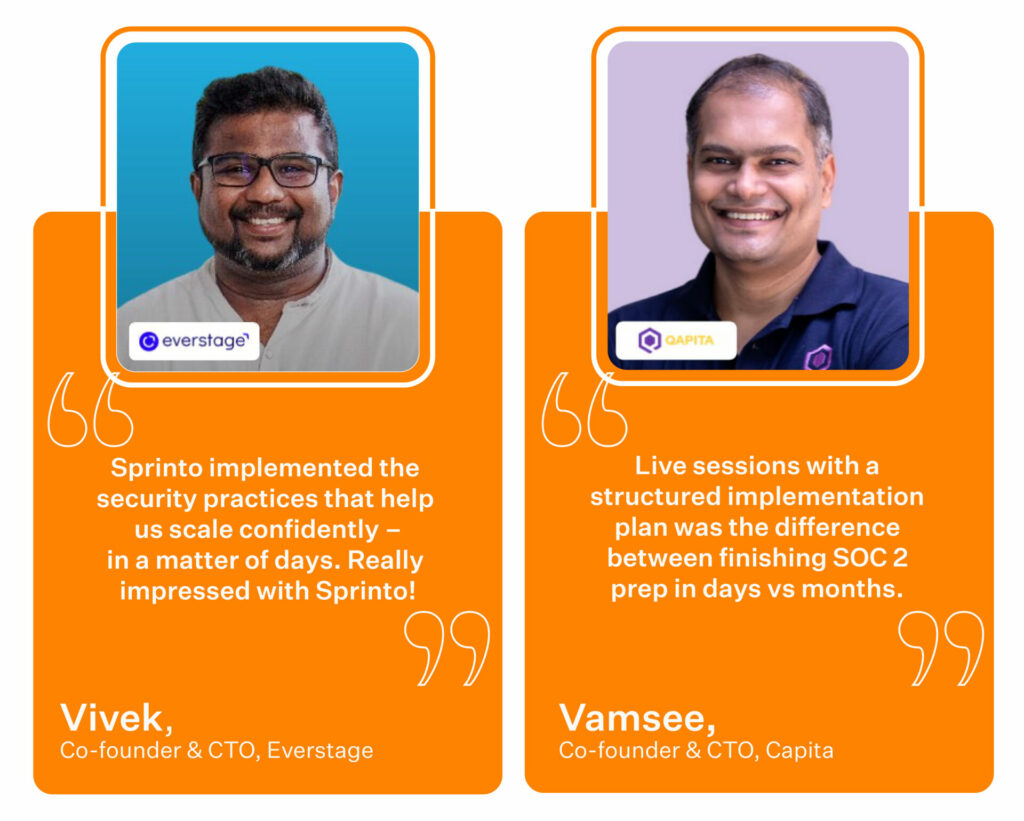
Sprinto is purpose-built to focus on two key objectives. The first objective focuses on automation to implement controls and policies to reduce the time taken to become audit-ready from months to weeks.
Sprinto connects with your cloud system to map systems that process sensitive customer data and conduct a risk assessment to understand the audit scope. It implements the right checks to meet audit requirements through continuous testing of controls.
The second focus is on automating the process of collecting audit evidence to align with the practices and methods of SOC 2 service auditors.
This allowed us to present evidence in a way that is easy to consume for the Auditor, thus eliminating the to-and-fro between Auditors and organizations.
This helped us reduce the average time the audit team took to complete the audit checklist from months to days.
Speak to an expert from Sprinto to see how we can make your SOC 2 compliance audits a breeze.
FAQs
How much does a SOC 2 auditor charge?
An experienced auditor will charge anywhere between $5,000 to $15,000. If the organization is larger in size, it could go up to $50,000. Keep in mind that factors like audit period, pricing structure of the vendor, location of the audit firms, and secluded Trust Services Category also influence the price.
Who are qualified SOC 2 auditors?
A licensed CPA (Certified Public Accountant) firm or an AICPA-approved SOC 2 auditor are qualified to conduct your audit. They should have no prior relationship with your organization.
How do you become a SOC 2 auditor?
You can become a SOC 2 auditor if you have qualifications like CPA, CISA, or CISSP, along with at least one year of under the supervision or mentoring of a licensed CPA.
What are the best SOC 2 auditing firms?
Some popular auditing firms for SOC 2 are Sprinto, AuditBoard, Thoropass, LogicGate, AuditRunner, Vanta, and Hyperproof.
How do you become a SOC 2 auditor?
To become a SOC 2 auditor, you must be a licensed CPA (Certified Public Accountant) or work under a CPA firm that is registered with the AICPA (American Institute of Certified Public Accountants). In addition to CPA credentials, auditors typically need specialized training in information security, IT systems, risk management, and the AICPA’s Trust Services Criteria. Many auditors also hold certifications like CISA (Certified Information Systems Auditor) or CISSP (Certified Information Systems Security Professional) to deepen their expertise in technical audits. Experience with compliance frameworks such as ISO 27001 or PCI-DSS can also be beneficial.
Vimal Mohan
Vimal is a Content Lead at Sprinto who masterfully simplifies the world of compliance for every day folks. When not decoding complex framework requirements and compliance speak, you can find him at the local MMA dojo, exploring trails on his cycle, or hiking. He blends regulatory wisdom with an adventurous spirit, navigating both worlds with effortless expertise
Related blogs
research & insights curated to help you earn a seat at the table.




